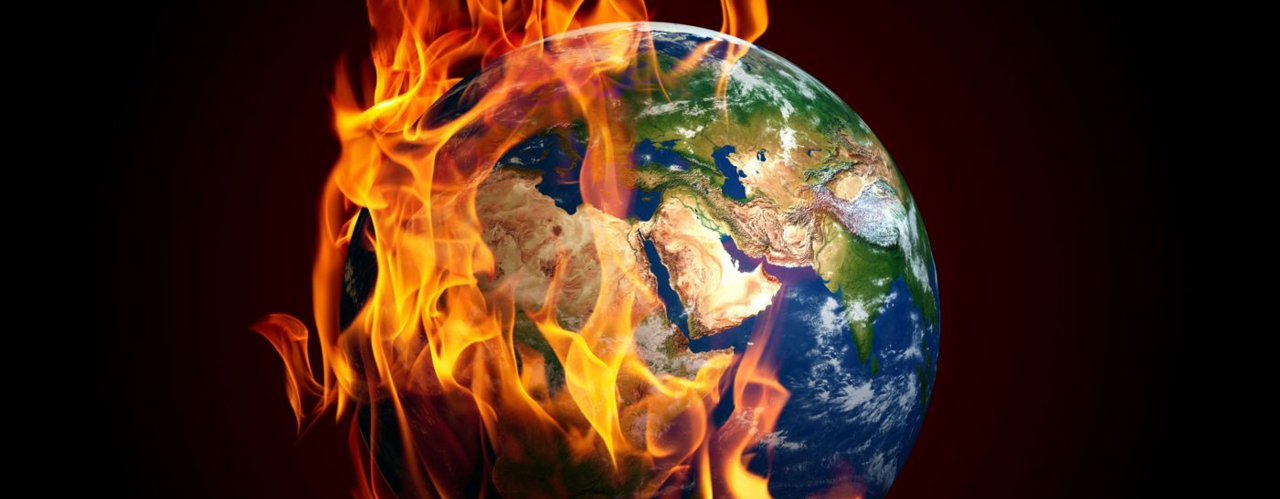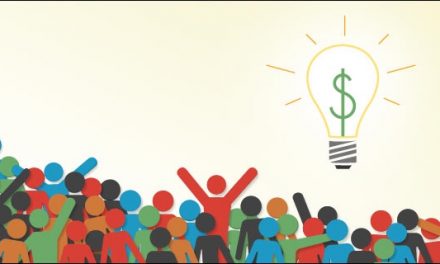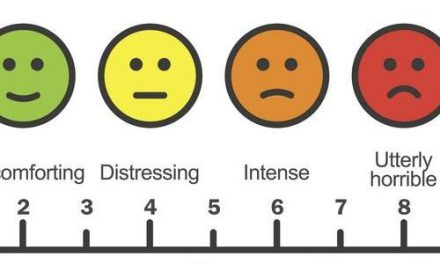Comedians are historically vehicles for social change, using jokes and satire to point an accusing finger at society, politics, and the world and bringing light to dark recesses others would not, or could not, discuss. One comedian whose work I’ve recently come to appreciate is Robert Evans, particularly on his scathing podcast Behind the Bastards, where he takes a critical and profanity-laden look at some of the worst people in history, from Josef Stalin to Steven Seagal and the founder of homeopathy to the inventor of the lobotomy. Every week he has a fellow comedian on as a guest and they discuss the ins and outs of what made these people notorious.
Though I don’t always agree with his stance on issues or the inclusion of all of his jokes, I have to tip my proverbial hat to the sheer amount of research, the method of presentation, and the sincerity with which he presents his findings. As someone who often uses comedy as a defense mechanism, I can relate to much of how he deals with the terrible topics he covers.
This morning I started listening to episode 92, wherein which Robert lays out many of the ongoing political riots and revolutions going on in the world today. The first thing I noticed about this episode was that all traces of his humor and joviality were gone—there were no special guests, there was no witty banter, there were no sound effects. Robert spent a full hour in sober solemnity, reviewing the state of political activism in some of the most- and least-discussed places in the world.
When a comedian gets quiet, when their voice gets serious, I think it’s a fair sign that we should listen, and listen carefully.
Being a middle-class white male on the Californian coast, divorced from social media, I’m insulated from much of the world’s issues and plights. I knew that political riots raged through Hong Kong, that the Catalonian people were being suppressed by Spain, and that the entire Syrian border conflict had become a humanitarian crisis, but I knew almost nothing of the details, of the causes, the situations, or of the effects of the protests and rebels fighting oppression.
Robert speaks from his own reporting and investigation as well as shares audio and text from his interviews with people on the grand, caught in the middle of these—and other—terrible situations. There were so many quotes that resonated with me, I hope I can start to do them justice with the seriousness of this post.
A constant thread through the episode was that those in power have more in common with each other than they do with their fellow countrymen. After the leader of Egypt brutally crushed budding civil unrest, leaders across the globe, including Donald Trump, praised the dictator for his decisive, swift action. China is standing in solidarity with Chile even as residents of both countries participate in massive demonstrations against the autocratic governments and terrible wealth inequality oppressing them. Robert quotes a rallying chant from the streets of Chile, one that I think speaks volumes about the feeling of those seeking social change:
We are not the left, we are not the right. We are the bottom, and we are coming for the top.
When I hear about protests and marches and organized resistance in the United States I often reflect back on how the 99% movement was portrayed in the Aaron Sorkin show The Newsroom. Without clear, discrete goals and specific demands for change, most rebellions/revolutions are doomed to fail. In the case of the 99%, and I myself participated in a local march, there was anger but there were no specific calls to action—no united idea of how to get to where we wanted to go.
Put more simply, the 99% movement was angry at the wealth disparity in the United States and how those at the top had ruined the lives of millions through the financial crisis of 2009 with no measurable consequences. Anger can be good, and in the words of Anansi from Neil Gaiman’s American Gods, “anger gets shit done,” but without direction and focus it’s just wild flailing in the dark. There weren’t specific, measurable demands that the protesters could agree upon, which meant that the fire couldn’t be sustained.
Hong Kong has largely created a template for modern revolutions, both in the strategy and tactics of those on the ground and in the streets, but also in the clear messaging and demands they are making of the government. With four or five precise and measurable goals, not only are the protests able to center around these desired outcomes, the messaging on a global scale is clear, concise, and harder to ignore.
I liken it to a crowd of people marching down a street—if everyone is chanting their own slogans, everyone’s voice gets drowned out by the noise and it merely sounds like a disorganized mob. If everyone, or at least a majority, are chanting in unison however, it provides a very different feeling both within the protest and without; it projects unity and solidarity.
Something that very clearly resonated between this podcast episode—released in October—and a recent episode of John Oliver’s HBO series Last Week Tonight centered around SLAPP lawsuits, is that oppression, whether through governmental regimes or expensive litigation, is designed to silence dissent rather than quell it. If everyone is angry but nobody is talking, there’s no ability to mobilize or unite against a common cause, and no possibility of grassroots-lead change. To this end Robert relayed that in all of his conversations with protesters, they said the biggest thing outsiders can do to support them is to amplify their message. A few dollars here and there may (eventually) make it into the hands of those who need it, but more than anything they want—they need—to make sure that others who feel isolated or oppressed know that they aren’t alone.
Without the relative success, or at least longevity, of the Hong Kong protests, many of the other uprisings around the world may not have had the energy or impetus to grow beyond small, isolated groups of dissatisfied citizens.
In speaking with a friend and coworker yesterday, we lamented at the sheer number of issues facing modern America. The news cycle has gotten numb to the overwhelming prevalence of gun violence, the unending school-to-prison cycle facing black Americans, police corruption, government and corporate overreach, white nationalism, climate change, money in politics, student debt, living standards, and so many other important issues. With voices crying out in so many different directions—and rightly so—it’s almost impossible to focus on any one issue without being accused of ignoring the others.
If I go to a local PG&E substation to protest the actions which have lead to so many Northern California wildfires, does that pull me away from protesting China’s treatment of Hong Kong, or of political corruption in Washington? Are there so many sources of outrage that otherwise caring people suffer from choice paralysis? Are our voices too dispersed to affect meaningful change in any one arena?
Some times I worry that the United States is too big, too vast, and too disorganized for there to be real progress. I worry that we continue to hit new crisis points where we think “okay, this is the point where we rise up” only to be interrupted by the next big problem, stopping any progress or preparation as we deal with the new emergency. We’ve hit so many milestones that, in isolation, would be worthy of revolution or at least massive resistance, but in the aggregate just become part of the noise.
At this point I worry that anything big enough to actually motivate us as a country to real organized resistance will be too big for us to actually do anything about. What would it take for us to dive into the streets in droves like Hong Kong, Lebanon, Chile? Would we be crushed like Egypt or spread to the wind like Syria?
Honestly, I don’t have any answers, and I don’t think any one person does. This episode of Behind the Bastards was sobering and eye-opening, and I genuinely hope more people listen to it to broaden their worldview of what’s going on, what fires are being lit, and what it takes for a revolution or resistance to actually succeed.


















